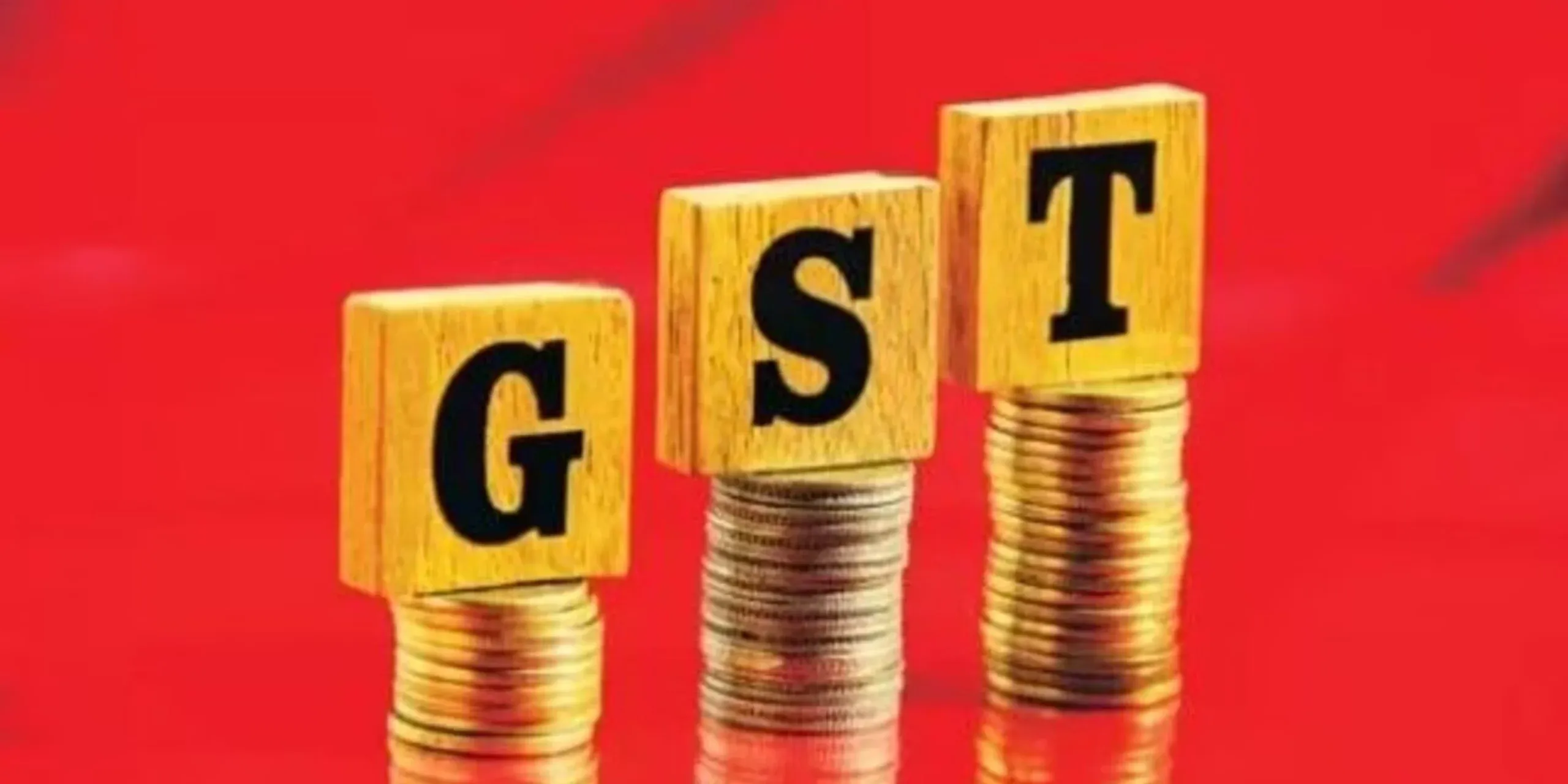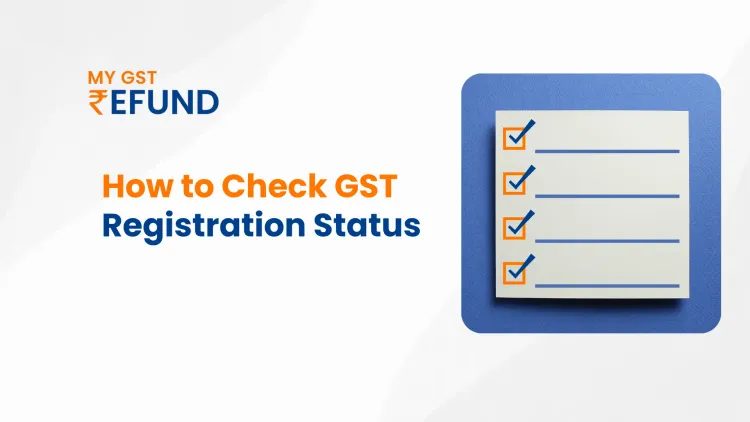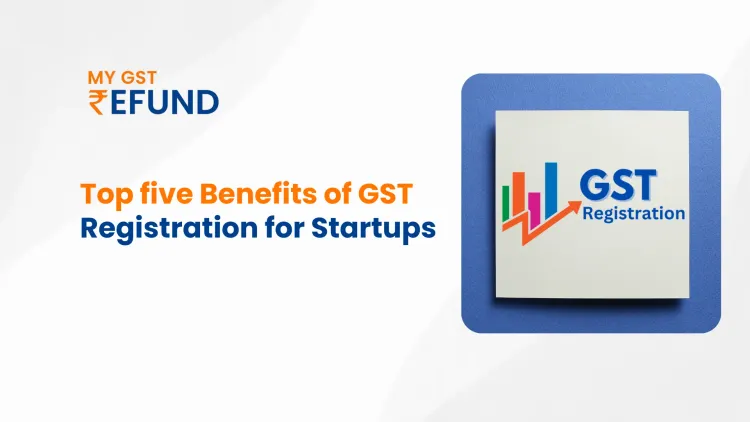GST rate reconfiguration currently not under consideration
Published on: Mon Jul 24 2023
A revision of the Goods and Services Tax (GST) rates, aimed at increasing revenue collection and addressing tax anomalies, is not anticipated to occur before the 2024 general elections. During the recent meeting of the GST Council, the essential ministerial group responsible for examining the matter was not reconstituted.
During the meeting, no successor was appointed to replace former Karnataka chief minister Basavaraj Bommai, who had been serving as the convenor of the ministerial group since its establishment in September 2021. The group’s primary objective was to review tax exemptions, broaden the taxpayer base, recommend changes to tax rates and slabs to enhance revenue collection, simplify the tax structure, and address anomalies in the existing system resulting in government tax refunds.
Following the change in government in Karnataka, where Siddaramaiah of the Congress replaced Bommai as chief minister, a fresh appointment for the convenor of the ministerial group became necessary.
The GST Council now needs to identify a state minister who is committed to delivering reports promptly for the tax rate revision exercise. According to two individuals familiar with the Council’s discussions, the Bommai committee had already submitted two reports.
Also Read: Online gaming companies fear repetitive taxation, seek clarity
One of the individuals stated that finding a convenor who is as dedicated as the previous one is a priority, and also highlighted that revenue collection has been performing well. This suggests that concerns about the impact of successive tax rate cuts under the GST regime are becoming less significant, making the need for a tax rate increase less pressing than before.
In 2019, the Reserve Bank of India (RBI) estimated that the effective weighted average GST rate had declined from 14.4% at the time of GST’s inception to 11.6% due to tax rate cuts under the GST regime.
Efforts to improve the efficiency of the new indirect tax regime have helped boost tax collections. Improved GST revenue buoyancy has been achieved through strengthened IT systems, enhanced return filing compliance, better system capability to match invoices, and resolution of issues related to input tax credits settlement.
As per the revenue secretary, Sanjay Malhotra, the government anticipates an average gross GST revenue collection of approximately ₹1.65 trillion per month in the current fiscal year, in line with the projected targets. This marks a significant increase from the average monthly collection of ₹89,875 crore in the first year of GST (ending 31 March 2018).
Nevertheless, certain tax anomalies persist, such as finished products attracting higher tax burdens compared to raw materials, leading to government refunds to businesses.
Furthermore, tax rate corrections in the textiles sector, which received approval from the GST Council but were subsequently delayed, must now be carried out.
Considering that five states—Chhattisgarh, Madhya Pradesh, Rajasthan, Telangana, and Mizoram—will hold elections between December 2023 and January 2024, followed by national elections expected in May 2024, it is unlikely that tax rate rationalization will take place before the polls.
Are you Looking for GST Refund Service? Mygstrefund.com offers GST refunds on business, exports, and many more if your GST application is rejected. Get in touch with us today.
Related Posts





